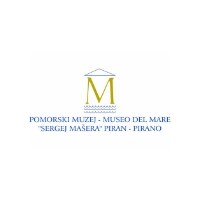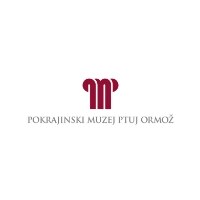Photography Palace of the English Legation
A black-and-white photograph showing the Palace of the English embassy or legation in Beijing’s Legation Quarter (Dongjiaominxiang 東交民巷). The latter was situated between 1861 and 1959 in the area of the Inner City (Neicheng 内城), east of present-day Tiananmen Square (Tiananmen Guangchang 天安門廣場), and south of the Forbidden City (Gugong 故宫 or Zijincheng 紫禁城). After the Second Opium War (1856-1860), several foreign delegations settled there and established legations of their countries. The city attracted many diplomats, soldiers, scholars, artists, tourists, and Sinophiles.
Although international agreements granting foreign powers extraterritorial rights over parts of its territory date back to the 19th century, jurisdiction over Beijing’s diplomatic quarter itself was not granted to foreign countries until 1901, following a 55-day siege of the quarter during the two-year Boxer Rebellion (Yuanyituan Yundong 義和團運動), which ended ... more
A black-and-white photograph showing the Palace of the English embassy or legation in Beijing’s Legation Quarter (Dongjiaominxiang 東交民巷). The latter was situated between 1861 and 1959 in the area of the Inner City (Neicheng 内城), east of present-day Tiananmen Square (Tiananmen Guangchang 天安門廣場), and south of the Forbidden City (Gugong 故宫 or Zijincheng 紫禁城). After the Second Opium War (1856-1860), several foreign delegations settled there and established legations of their countries. The city attracted many diplomats, soldiers, scholars, artists, tourists, and Sinophiles.
Although international agreements granting foreign powers extraterritorial rights over parts of its territory date back to the 19th century, jurisdiction over Beijing’s diplomatic quarter itself was not granted to foreign countries until 1901, following a 55-day siege of the quarter during the two-year Boxer Rebellion (Yuanyituan Yundong 義和團運動), which ended with the victory of the combined foreign forces. Because of the cooperation of the Chinese court with the insurgents, China was forced to sign the Boxer Protocol (Xinchou Tiaoyue 辛丑條約), which also established the administration of the diplomatic quarter in Beijing.
By the beginning of the 20th century, all the major countries of the world were represented here, including the Netherlands, the United Kingdom, France, Germany, Japan, Russia, Italy, Spain, Belgium, and the United States. A smaller plot of land was also owned by the Austro-Hungarian Empire.
The special status of the diplomatic quarter in Beijing was de facto ended by World War II, and during subsequent political developments in the Chinese state, most of the buildings in the quarter were destroyed.
The photograph is the 45th of 449 photographs of Beijing and its surroundings in the album of Ivan Skušek Jr., purchased during his stay in Beijing (1914–1920). In the handwritten inventory of the album, the photograph is referred to as Palais der englischen Legation. (DZ)





































Do you have a comment or additional information about the subject?